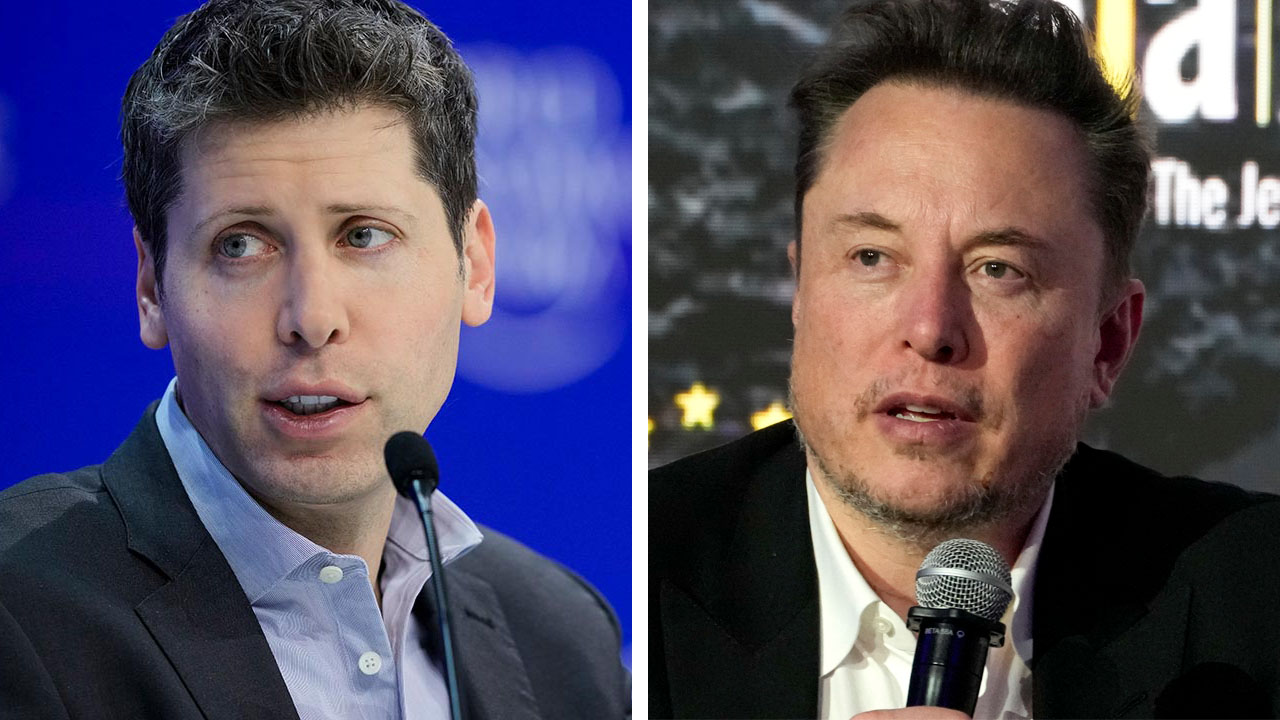Elon Musk has sued Sam Altman and OpenAI for breach of contract, breach of fiduciary duty, and unfair business practices for “maximising profits for Microsoft, rather than for the benefit of humanity”. On Thursday, Musk filed a lawsuit in San Francisco court. Musk’s lawsuit reiterates what he has been saying for several years: OpenAI’s recent collaboration with Microsoft has eroded the company’s original commitment to developing public, open-source artificial general intelligence.
Musk’s lawsuit demands that OpenAI, along with its president Gregory Brockman and CEO Sam Altman, who have been named co-defendants in the lawsuit, and Microsoft be barred from profiting from the company’s artificial general intelligence technology.
Elon Musk and Sam Altman founded OpenAI in 2015.
In March 2023, OpenAI released its artificial general intelligence, or AGI, a tool capable of performing cognitive tasks similar to those performed by humans. It’s called GPT-4. However, OpenAI only allows you to use GPT 3.5 models for free. Tools powered by GPT-4 are available for a monthly subscription of $20, which is approximately Rs 1,650 for users in India. And this is what Musk is speaking out against. The CEO of Tesla and SpaceX claims that charging for AGI tools violates OpenAI’s founding principle of providing technology for the benefit of humanity rather than for commercial profit.
“GPT-4’s internal details are only known to OpenAI and, according to information and belief, Microsoft. GPT-4 is thus the polar opposite of Open AI,” Musk stated in the lawsuit, according to The Ultimate News Service. “And it is closed for propriety commercial reasons: Microsoft stands to make a fortune selling GPT-4 to the public, which would not be possible if OpenAI—as it is required to do—makes the technology freely available to the public,” the lawsuit goes on to say.
In his lawsuit, Musk also emphasizes Sam Altman’s 2023 dismissal and subsequent reinstatement as CEO. Musk claims that Altman’s removal prompted Microsoft to intervene and press the board members who initiated his ouster to resign. Musk claims that the current board lacks the scientific and technological knowledge of the field that was previously held by scientists and researchers who supported and understood the technology.
In recent years, Musk has frequently used social media to highlight OpenAI’s shift toward commercialising AI. Musk posted on X a few months ago that “OpenAI was created as an open source (which is why I named it “Open” AI), non-profit company to serve as a counterweight to Google, but now it has become a closed source, maximum-profit company effectively controlled by Microsoft.” “Not what I intended at all,” he wrote in the tweet.
Musk’s long-standing criticism of OpenAI is especially intriguing given that he only last year unveiled his own AI firm, xAI, which operates for a profit. Musk also owns companies that focus on artificial intelligence development, such as Neuralink and Optimus.
However, this story most likely dates back further. Based on insights from Walter Isaacson’s biography of Elon Musk, the Tesla CEO reportedly proposed merging OpenAI with Tesla, which Altman and other board members strongly opposed.
Musk’s interest in artificial intelligence led him to create companies such as Neuralink, Optimus, and Dojo, and he was eager to incorporate AI technology into Tesla vehicles. This dedication, however, strained relations with OpenAI and resulted in a split in 2018. Musk argued for combining OpenAI and Tesla to address concerns about its lag behind Google. When the OpenAI team resisted, Musk resigned and Altman took over as CEO.
Simultaneously, Musk established a competing AI team to develop self-driving Tesla vehicles. According to the book, Musk hired Andrej Karpathy, a computer vision specialist at OpenAI. Finally, OpenAI established a commercial division, introducing the popular chatbot ChatGPT last year.

